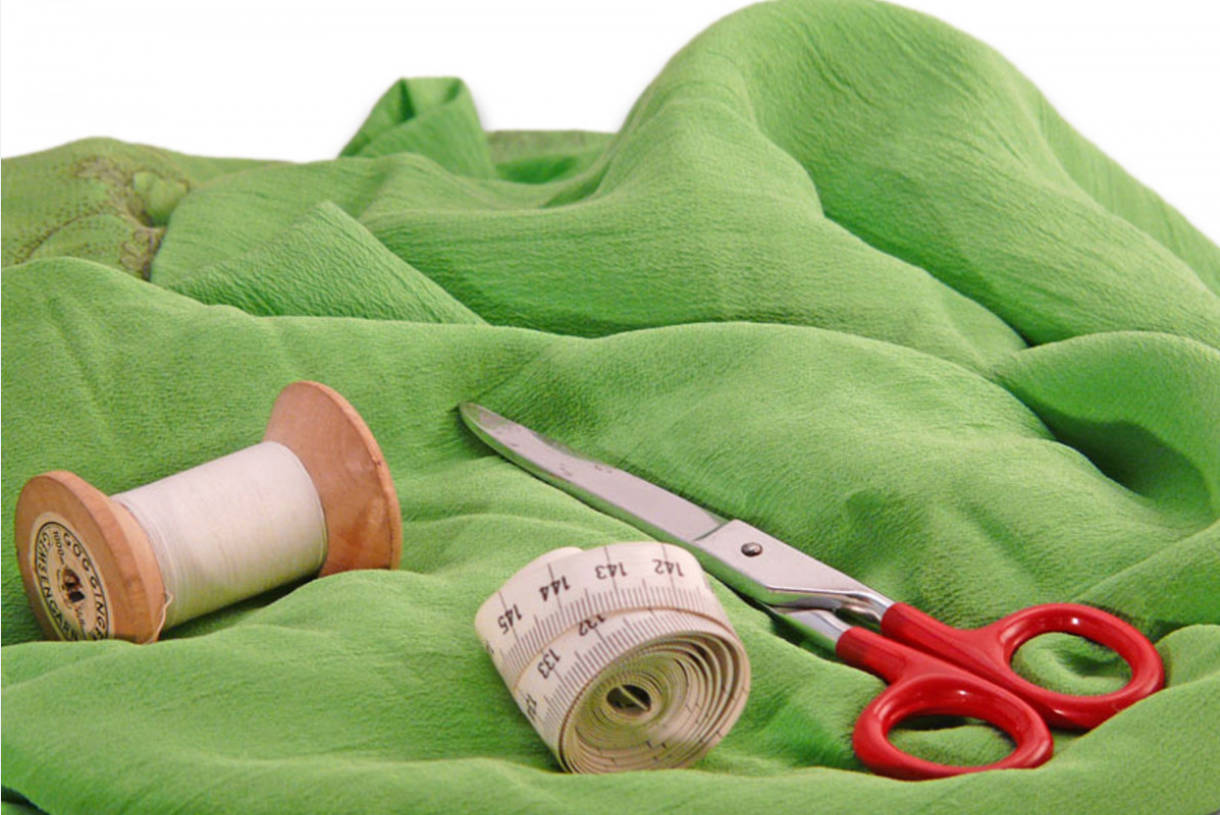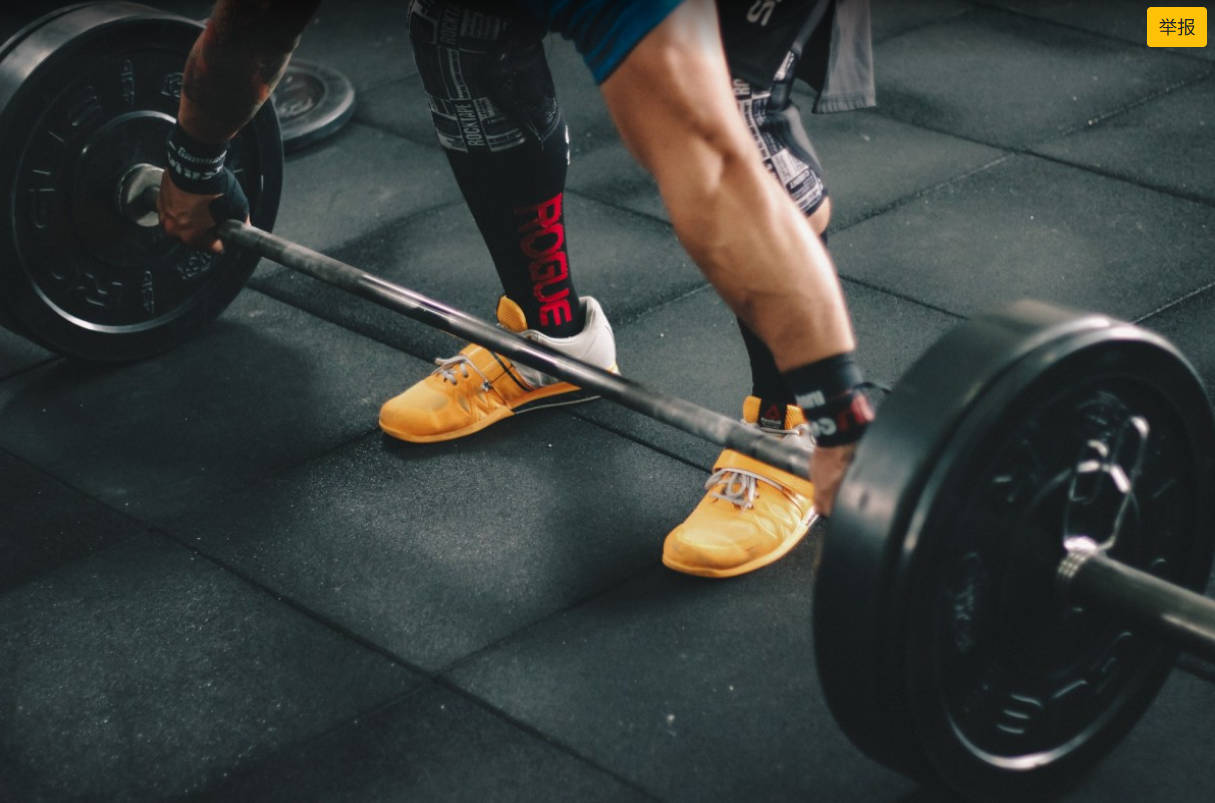Mobile phone data cables play a crucial role in our daily lives, enabling us to charge our devices, transfer data, and stay connected. However, like any other electronic accessory, data cables are prone to various quality issues that can affect their performance and safety. In this article, we will explore the common quality problems associated with mobile phone data cables and discuss the international standards that govern their manufacturing and quality control. Additionally, we will shed light on NBNQC‘s role in ensuring the quality of mobile phone accessories, specifically focusing on pre-shipment inspections of data cables.
Contents
Common Quality Problems in Mobile Phone Data Cables
1.Connector Durability: One of the most common issues with mobile phone data cables is the durability of the connectors. Over time, frequent plugging and unplugging can lead to connector damage, causing poor contact and intermittent charging or data transfer issues. Low-quality connectors may also break easily, rendering the cable useless.
2.Cable Fraying: The outer insulation of a data cable is susceptible to wear and tear, resulting in fraying or exposing the internal wires. This can create a safety hazard, as exposed wires may cause electric shocks or fires. Moreover, frayed cables are more likely to fail over time, disrupting the charging and data transfer process.
3.Slow Charging: Low-quality cables may not be capable of delivering the necessary current for fast charging. This can result in prolonged charging times and inconvenience for users who rely on their mobile devices throughout the day.
4.Data Transfer Issues: Inadequate shielding and poor-quality wires can lead to data transfer problems. Users may experience slow data transfer speeds, corrupted files, or even complete data loss due to cable-related issues.
5.Compatibility Issues: Some data cables may not be fully compatible with all devices, leading to connectivity problems. This can be particularly frustrating for users who own multiple devices from different manufacturers.
6.Overheating: Substandard cables may overheat during charging, which can be dangerous. Overheating not only damages the cable itself but also poses a risk of damaging the connected device or causing a fire.
7.Inconsistent Quality: Inconsistencies in cable quality are prevalent in the market. Even within the same brand, there can be variations in the quality of cables, making it challenging for consumers to make informed purchasing decisions.
International Standards for Mobile Phone Data Cables
To address these quality issues and ensure the safety and performance of mobile phone data cables, international standards have been established. The key standards related to mobile phone data cables include:
- USB (Universal Serial Bus) Standards: USB standards are perhaps the most widely recognized and adopted in the realm of mobile phone data cables. The USB Implementers Forum (USB-IF) sets the standards for USB connectors, cable types, and data transfer rates. The USB standards ensure compatibility across various devices and manufacturers.
- IEC (International Electrotechnical Commission) Standards: The IEC develops and publishes international standards for electrical and electronic technologies, including cables. IEC 62680 and IEC 62684 specify the requirements for USB interfaces and connectors, helping manufacturers produce compliant data cables.
- UL (Underwriters Laboratories) Standards: UL is a safety certification organization that tests and certifies electrical products for safety. UL standards, such as UL 60950-1, ensure that mobile phone data cables meet safety requirements and do not pose a risk of electric shock, fire, or other hazards.
- MFi (Made for iPhone/iPad) Certification: Apple’s MFi certification program ensures that third-party accessories, including data cables, meet Apple’s quality and performance standards. MFi-certified cables are compatible with Apple devices and undergo rigorous testing.
- RoHS (Restriction of Hazardous Substances) Directive: While not specific to cables, the RoHS directive restricts the use of certain hazardous substances in electrical and electronic equipment, including cables. Compliance with RoHS ensures that cables are environmentally friendly and free from harmful materials.
NBNQC’s Role in Ensuring Data Cable Quality
NBNQC is a leading provider of quality inspection services in China, specializing in mobile phone accessories and electronic products. Our commitment to ensuring the highest quality standards has made us a trusted partner for businesses worldwide. Here’s how NBNQC performs pre-shipment inspections for mobile phone data cables:
1.Material Inspection: We inspect the materials used in cable production, including the quality of wires, connectors, and insulation. This helps identify any potential issues with the raw materials that could affect the cable’s performance and safety.
2.Production Process Inspection: During the production process, our inspectors monitor key production stages to ensure compliance with specifications and international standards. This includes checking soldering quality, cable assembly, and connector attachment.
3.Functionality Testing: To verify the functionality of data cables, we conduct a series of tests, including continuity testing, voltage testing, and data transfer testing. This ensures that the cables can perform their intended functions reliably.
4.Durability Testing: NBNQC assesses the durability of data cables by subjecting them to bending, twisting, and pulling tests. This helps identify potential weak points in the cable’s design or construction.
5.Safety Inspection: We check for safety-related issues such as insulation resistance, proper grounding, and absence of hazardous materials. Safety is a top priority, and we ensure that the cables do not pose any electrical or fire hazards.
6.Packaging Inspection: The final step involves inspecting the packaging of data cables to ensure that it meets the specified requirements. Proper packaging is essential to prevent damage during transit and storage.
7.Documentation Review: Our inspectors review all relevant documentation, including test reports, certificates, and compliance records, to ensure that the data cables meet international standards and regulatory requirements.
Conclusion
Mobile phone data cables are indispensable accessories that require strict quality control to ensure their reliability, safety, and performance. Common quality issues like connector durability, cable fraying, and compatibility problems can be mitigated through adherence to international standards and rigorous quality inspections.
International standards such as USB, IEC, and UL provide guidelines for manufacturers to follow, while certification programs like MFi ensure compatibility and quality for specific brands. NBNQC plays a crucial role in this process by conducting pre-shipment inspections to verify that data cables meet these standards and are free from defects.
By addressing quality issues and adhering to international standards, manufacturers, retailers, and consumers can have confidence in the reliability and safety of mobile phone data cables, ensuring seamless connectivity and efficient device usage in our increasingly connected world.






